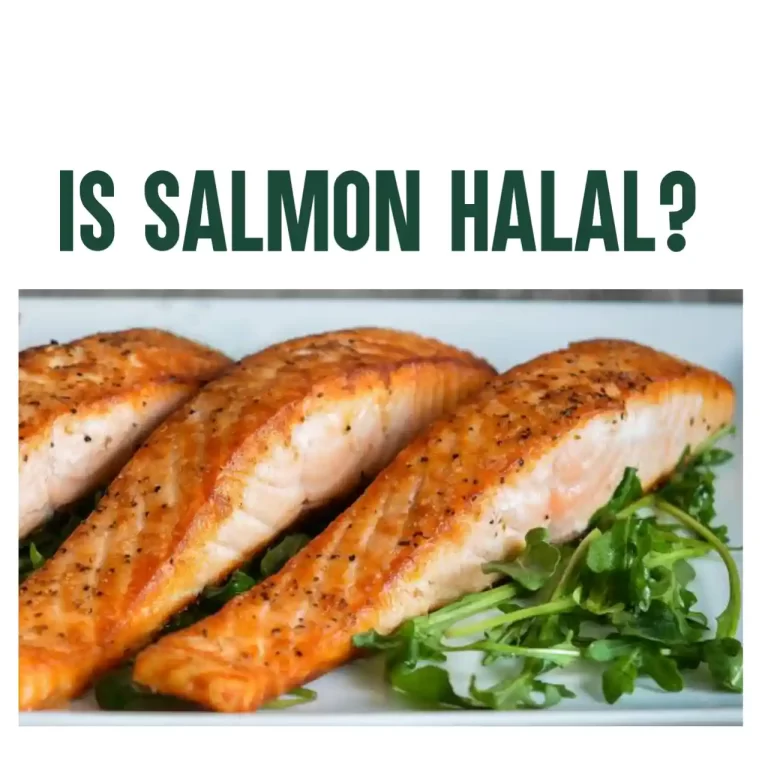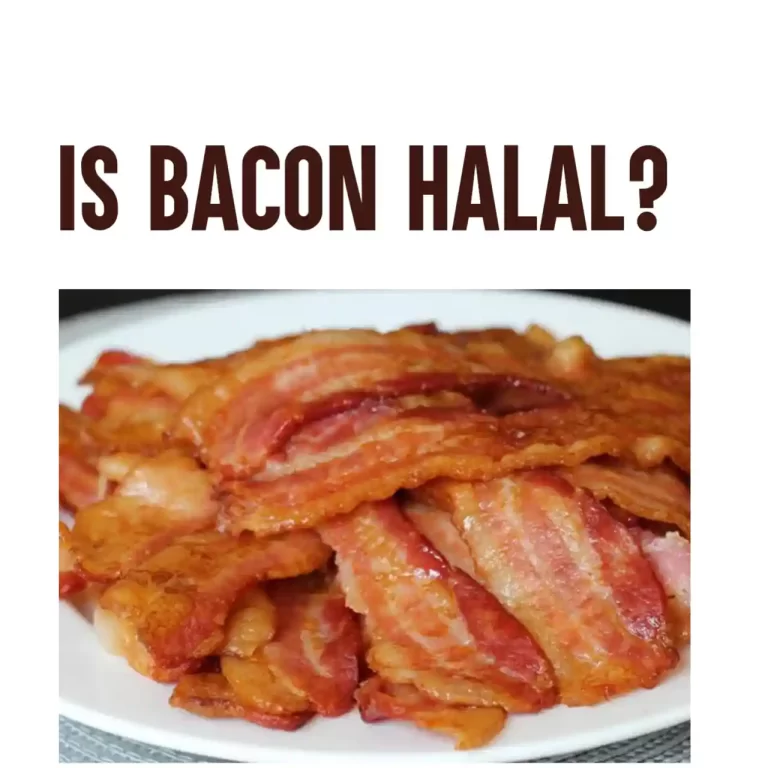Is Mochi Halal? What You Should Know
Is Mochi halal? Mochi is a traditional Japanese sweet that is made from glutinous rice that is pounded into a sticky, dough-like consistency. It is a popular treat that is enjoyed in many different forms, including as a dessert, snack, or even as an ingredient in savory dishes.
Advertisements
But what is the halal status of mochi? In this blog post, we will explore the ingredients of mochi and discuss whether or not it is considered halal according to Islamic dietary laws.
Is Mochi Halal?
Yes, Mochi is considered halal. Mochi ice cream has halal-friendly offerings and is easily the best naturally halal dessert, a bite-sized treat consisting of pounded glutinous rice with a variety of filling options such as sweet soy sauce red bean, matcha paste, or fruit filling.
According to Islamic dietary laws, food is considered permissible or halal if it is made from ingredients that are considered halal and prepared according to halal methods.
In the case of mochi, the main ingredient is glutinous rice, which is considered halal.
Advertisements
- SUGGESTED READING: Is Coffee Halal? Can Muslims Drink Coffee?
Shaykh Ibn Uthaimeen said: “The basic principle concerning all kinds of food, drink and clothing is that they are permissible until and unless proof is established that they are haram. Allah says (interpretation of the meaning):
It is He who created for you all of that which is on the earth. Then He directed Himself to the heaven, [His being above all creation], and made them seven heavens, and He is Knowing of all things.
Surah al-Baqarah 2:29
So if anyone says, this drink is haram, or this food is haram, or this garment is haram, say to him, bring your proof.
If he brings proof then we should do whatever is indicated by the proof. If he does not bring proof, then his words are to be rejected, because Allah says (interpretation of the meaning):
“He it is Who created for you all that is on earth” [al-Baqarah 2:29]
Everything in this world Allah has created for us. This general meaning is confirmed by the word jami’an (translated here as “all”).
Advertisements
So if something is haram, there should be a clear and detailed indication that it is haram. If there is no such proof, then it is not haram.
Advertisements








One Comment